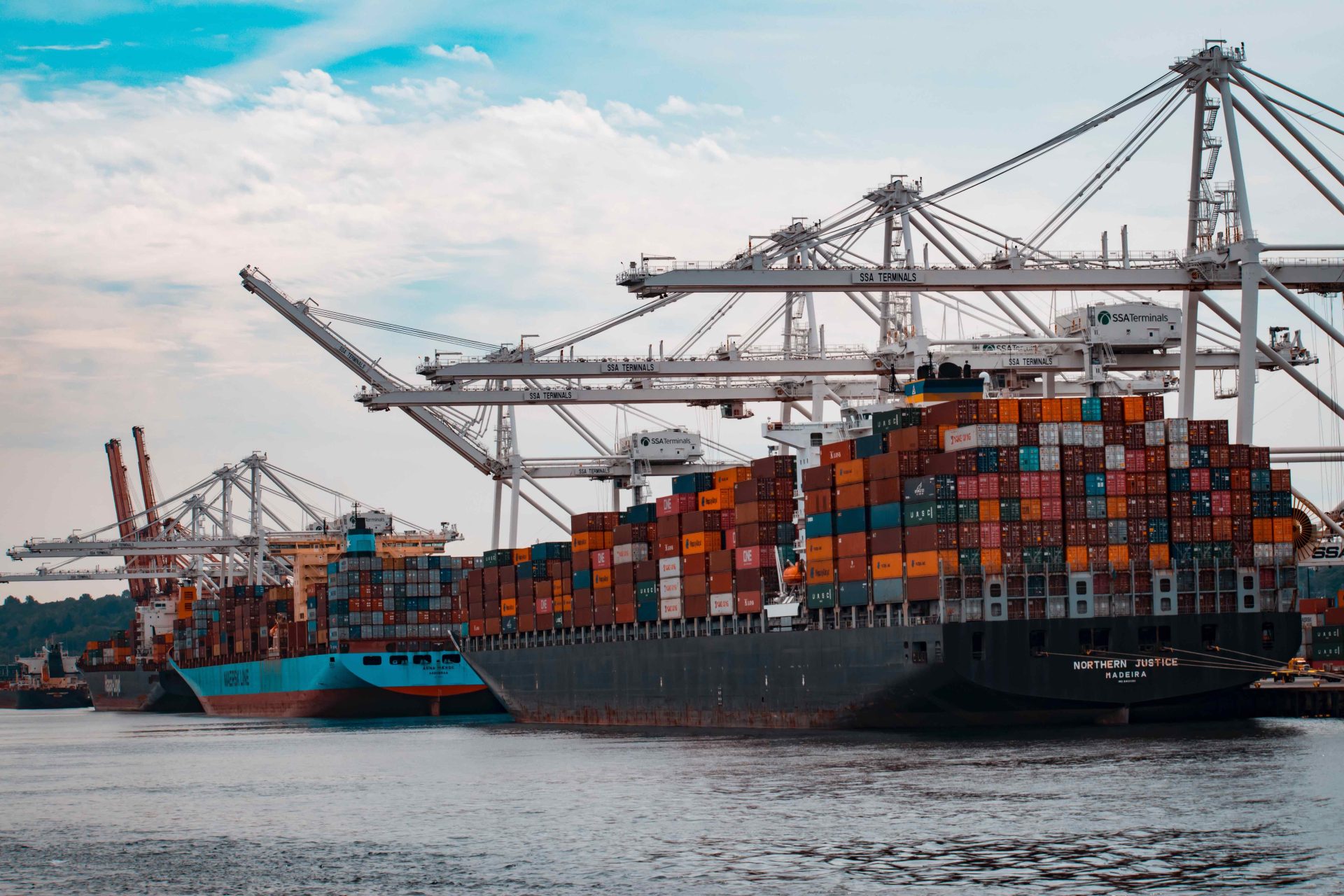Why Export/Import Certificate (EIC) Is Important for International Shipping
This is a guest post by Jane Travis.
As a professional in any kind of field, you are expected to have specific educational qualifications that will make you fit for performing a specific job. But even if you already got the job you wanted or you have been working in the industry for years, it is still important to keep learning.
By improving your qualifications and constantly looking for ways to upgrade your skills, you will maintain your status as an expert and will be able to perform your job well. This is precisely why you might be interested in getting the export/import certificate (EIC) and improving your qualifications this way. Here’s why it is important for internal shipping.

What Is an Export/Import Certificate (EIC)?
An export/import certificate or EIC is a type of certification you can get after completing a program dedicated to it. Essentially, the program aims to provide knowledge (both theoretical and especially practical) about conducting export and import transactions and activities as well as managing an international business.
The program was developed by an expert from the International Chamber of Commerce (ICC) and covers a fairly wide range of topics, including international business, export and import finance and security, international logistics, and more. It is aimed at different international trade professionals such as export and import managers, forwarders and carriers, trade finance bankers, trade lawyers, insurance providers, customs brokers, and others.
Why Is an EIC Important?
An EIC will be valuable for a very wide range of professionals, so depending on what you do, there could be different reasons to complete the program and get the certification. If you are a professional handling communication with a logistics company that manages your export and import, then getting an export/import certificate will help you ensure that the logistics company is doing its job well.
It’s best to look at the different kinds of topics you will study during the program that will prepare you to get the EIC. The topics can be grouped into three main subject areas:
#1 International Business Transactions and Contracts
Studying international business transactions and contracts will help you:
- Identify legal problems in international business.
- Negotiate and write agency and distributorship contracts.
- Know the provisions of the Convention on the International Sale of Goods (CISG).
- Identify and describe the risks, costs, and benefits of international litigation (as well as the process in which it happens).
These are not all the things you will learn about, but even simply being able to write contracts yourself is critical. Imagine if you can’t do that. You can hire an experienced writer from the writing service Trust My Paper to help you with the contracts, but you still need to have at least some basic knowledge about them to be able to participate in negotiations successfully.
#2 Export and Import Finance and Security Devices
By learning about export and import finance and security devices, you will be able to:
- Understand the payment preferences of exporters and importers.
- Easily navigate the procedures for different payment options, factoring and forfaiting, and others.
- Identify risks and various financial aspects of different payment methods.
#3 International Logistics, Shipping, and Sourcing
And lastly, when you learn about international logistics, shipping, and sourcing, you will know how to:
- Identify different transport modes and their commercial practices.
- Work with different freight forwarders and transport intermediaries.
- Use the tariffs that the World Customs Organization (WCO) determines.
- Identify the benefits and risks of changing production through international outsourcing.
As you can see, all the topics that are included in the program are extremely useful to different types of professionals which is why the program is not aimed at just one specific type of specialist. After all, it was written by a seasoned expert who worked in the industry and knows how things are done.
Even the topics that aren’t obvious are covered. For example, outsourcing. You might have some experience with it if you hired writers from the best essay writing companies before to handle your documentation, but there is still a lot you could learn about outsourcing when it comes to other types of processes and activities.
How Can You Get the Certificate?
So, how exactly can you get the export/import certificate? It’s quite simple. First, you need to decide whether it will be useful to you. Considering how many topics are covered by the program, you will likely get at least some valuable knowledge from it. But overall, the reason why the program is so great is precisely because of the selection of topics in it.
Once you are certain that you need the certificate and want to enroll in the program, you can look for online platforms that offer it. For example, the International Chamber of Commerce provides online training, including the export/import certificate program. It’s best to look for websites and organizations that you can be certain about in terms of quality. If they are established and respectable, then the program is likely legitimate.
In most cases, you can find online courses that you can take at your own pace which means there won’t be any pressure on you to complete them as quickly as possible. You will get learning materials in the form of texts, videos, case studies, and so on. Most platforms will offer the program in English (because it’s about international shipping, after all).
After completing all the modules in the program, you will need to be assessed. This is when you will have to pass an online examination with at least 70%. Once you pass the examination, you will receive an accredited certificate. If you get a score lower than 70%, you can retake the examination once you are more confident in your knowledge.
Wrapping Up
All in all, while an export/import certificate is generally valuable for international trade professionals, it will also be valuable for managers within businesses working with logistics companies as well as other specialists. It is fairly easy to enroll in an EIC program and get the certification upon its completion, so don’t hesitate to do so if that’s what you’re looking for.
This was a guest post by Jane Travis.
Author Bio
Jane Travis is an experienced freelance writer. She currently works with big content writing companies on a part-time basis. Recently, Jane decided to start her own writing blog. She shares her expertise in creative writing and hopes her readers find it useful.





